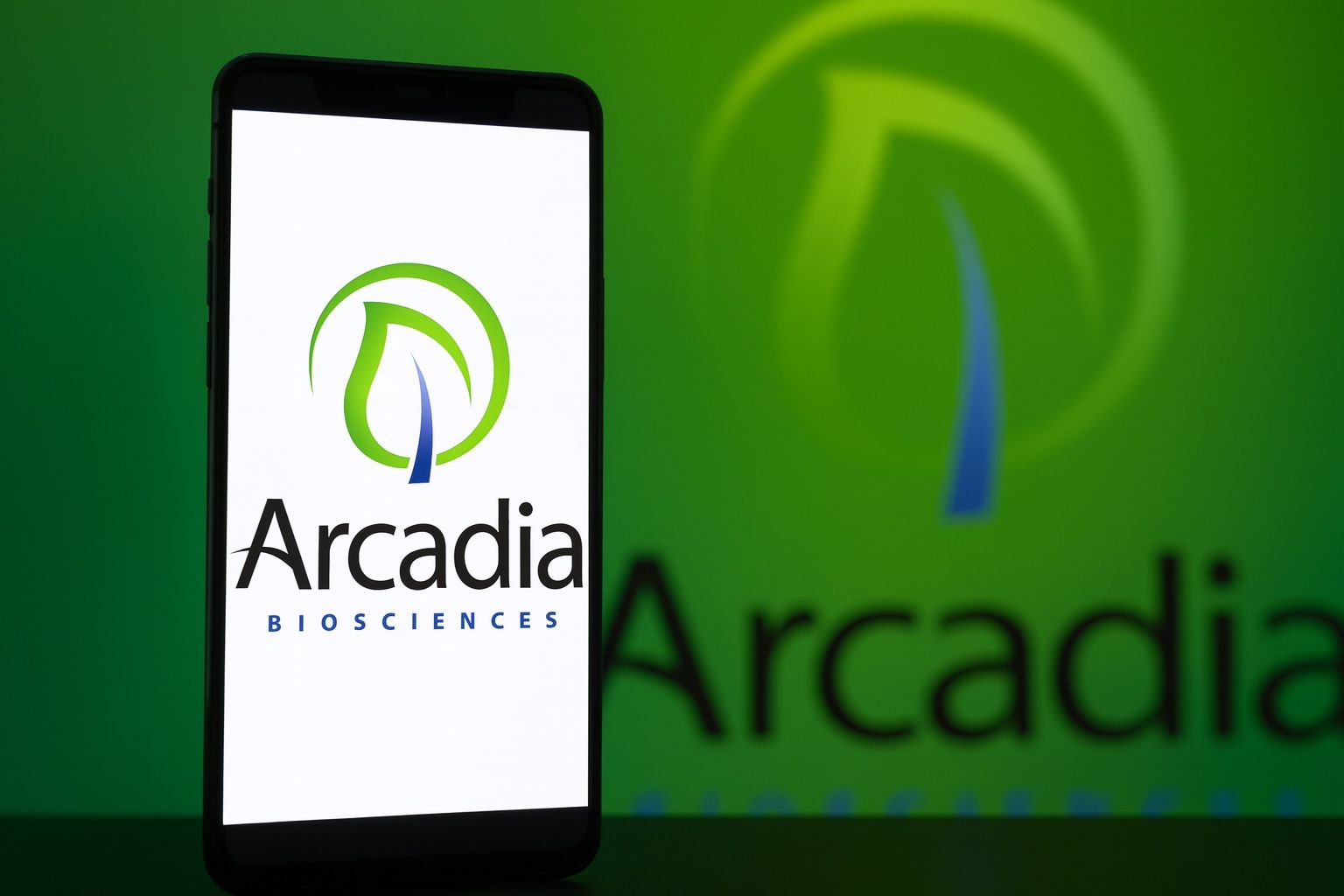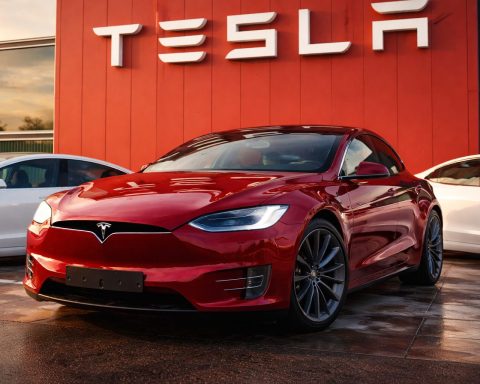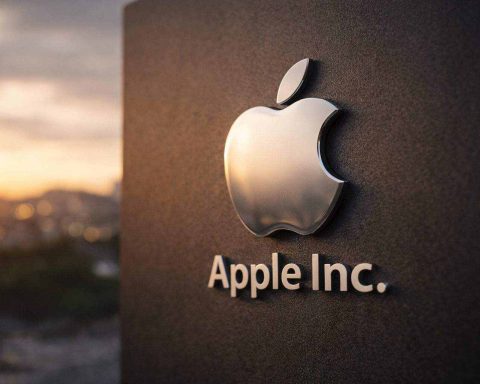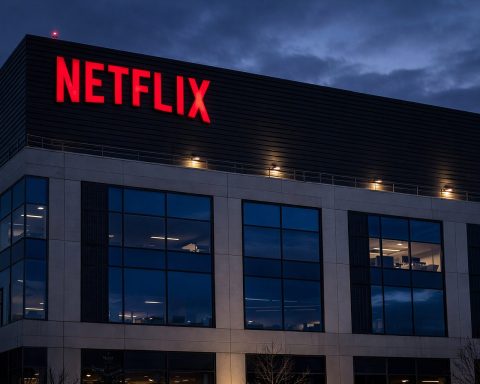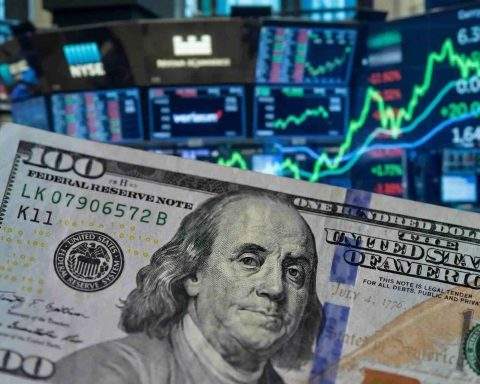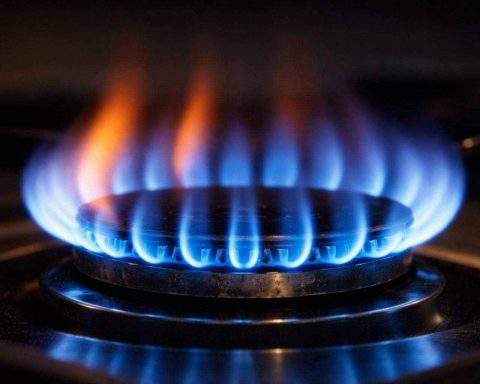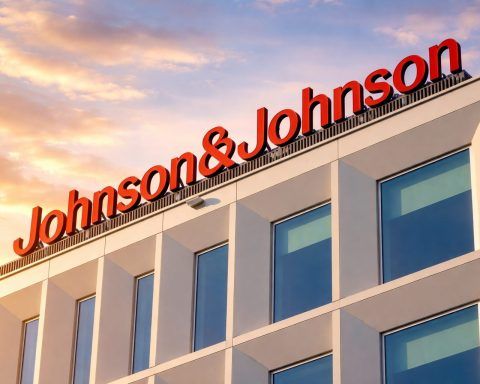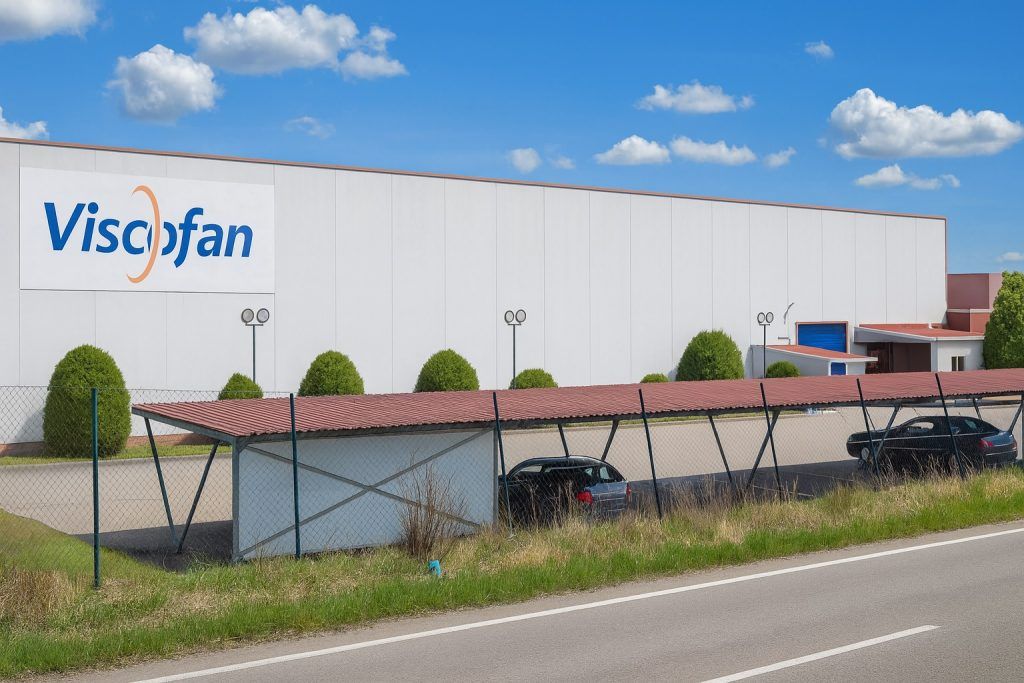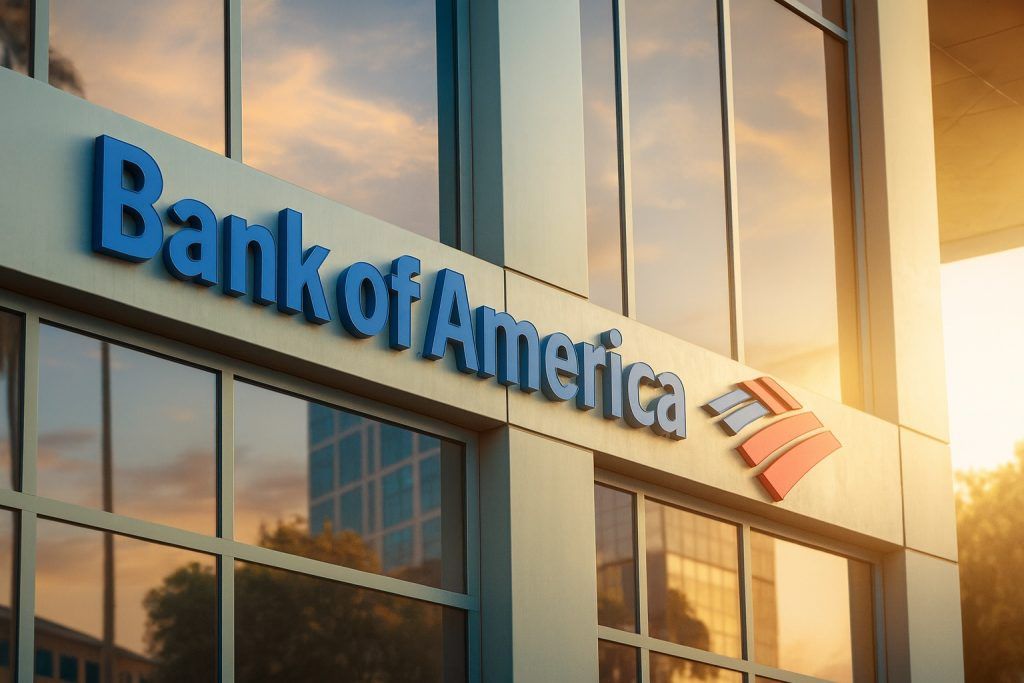- Price surge: Arcadia’s Nasdaq-traded stock (RKDA) closed Oct 14 around $3.69 stockanalysis.com and jumped dramatically Oct 15 pre-market to about $6.22 (up ~68%) stockanalysis.com. This spike came after U.S. President Trump tweeted about ending some cooking-oil trade with China, sparking a broader rally in food/agri-tech stocks. In extended trading on Oct 14, Arcadia was up roughly 53% benzinga.com.
- Recent performance: Over the past week RKDA has been extremely volatile. On Oct 9 it nearly doubled intraday (up ~98%) on Q2 results ainvest.com. After closing Oct 14 up 10.5% on the day intellectia.ai stockanalysis.com, the pre-market Oct 15 jump reflected investors chasing the sector rally.
- Q2 earnings: In mid-August Arcadia reported Q2 FY2025 revenue of $1.455 million (an 11% increase year-over-year) biospace.com nasdaq.com, driven entirely by its Zola® coconut water business. However, GAAP net income swung to a $4.46 million loss (about –$3.26 per share) nasdaq.com nasdaq.com, largely due to a one-time $4.5M credit loss on a note receivable from Above Food (from a prior sale of its GoodWheat assets). In short, operating growth was offset by that unusual write-off.
- Zola® growth: Arcadia’s wellness pivot is now complete – all revenue comes from Zola coconut water nasdaq.com. Zola sales grew about 24% in Q2 vs. a year ago biospace.com nasdaq.com. Management says volume gains and new retail distribution drove the gain, while gross margins stayed above 30% for the 10th straight quarter biospace.com nasdaq.com. CEO T.J. Schaefer noted, “We are very pleased with our performance” – highlighting the revenue growth, volume increase and sustained margin levels biospace.com.
- Above Food receivable: Arcadia received 2.7 million shares of Above Food Ingredients (ABVE) as partial payment on a $6 million promissory note. About $2M remains outstanding on that note, and Arcadia took a $4.5M loss reserve against it arcadiabio.com nasdaq.com. Investors are watching whether the remaining balance ever gets repaid.
- Merger with Roosevelt: A key corporate event is the planned all-stock combination with Dallas-based Roosevelt Resources (an oil & gas company). The merger was announced in Dec 2024 (Arcadia shareholders to own ~10% of the combined co.) and originally expected to close Q1 2025 dallasinnovates.com. In April 2025 Arcadia amended the deal to extend the closing date to Aug 15, 2025 stockinsights.ai (it has not closed yet). The companies are filing SEC paperwork, but no firm new timeline is public. If completed, the new entity – renamed Roosevelt Resources – would be dominated by Roosevelt, with Arcadia’s board largely replaced by Roosevelt’s executives dallasinnovates.com.
- Market reaction: News of Trump’s tweet about cooking-oil imports (Oct 14) sent agri-product stocks surging. Although Reuters analysts noted U.S. imports of used cooking oil from China were already down 65% reuters.com, the market jumped anyway. In Arcadia’s case, the rally was more a sector play than company-specific: “Arcadia Biosciences Inc. (RKDA) rose 53.28% in extended trading” that night benzinga.com. (Other small agri names like Origin Agritech and Australian Oilseeds spiked even more.) One anonymous trader told Reuters, “The U.S. pretty much stopped buying from China anyway, so the impact is as empty as [Trump’s] threats” reuters.com. A senior analyst chimed that this episode shows the administration’s focus on farmers – “Used cooking oil is a niche trade, but it shows how the Trump Administration is standing up for American farmers,” said Chim Lee of the Economist Intelligence Unit reuters.com. In short, experts say the trade news itself has little real economic impact, but it did trigger short-term buying in ag stocks including RKDA.
- Analyst outlook: There is limited Wall Street coverage of RKDA. On data sites RKDA is labeled a “Nano-Cap” (market cap about $5M stockanalysis.com) with high volatility. No consensus price targets are published. Some retail/AI-forecast services rate it strongly bullish (Intellectia called it a “Strong Buy” based on technical signals intellectia.ai), reflecting the recent momentum. In contrast, other screens rank RKDA as risky: shares fell 36% in 6 months and trade under $4 (though they did spike ~68% Oct 15) stockanalysis.com.
In-Depth: Arcadia’s stock price (RKDA) has been extremely volatile in October 2025, jumping ~68% pre-market on Oct 15. The rally was sparked by a Trump tweet on China trade and follows mixed Q2 results. In the past few days RKDA’s trading range has widened dramatically. After closing at $3.69 on Oct 14 stockanalysis.com, pre-market Oct 15 it was near $6.22 stockanalysis.com, on very high volume. This wild move came as commodity and agri-tech stocks rallied on geopolitical news.
At the same time Arcadia’s own recent earnings tell a mixed story. In its Aug. 14 Q2 report, Arcadia highlighted a healthy increase in sales (11% revenue growth to $1.455M) thanks entirely to its Zola® coconut water line biospace.com nasdaq.com. CEO Schaefer noted that Zola volume was up and new retail deals were driving growth, leading to 24% higher Zola sales versus Q2 2024 biospace.com nasdaq.com. Gross margins stayed over 30% for the quarter biospace.com nasdaq.com – an impressive streak (ten consecutive quarters above 30%). “We are very pleased with our performance,” Schaefer said, pointing out the strong sales and low operating costs biospace.com.
However, the bottom line was weak. On a GAAP basis Arcadia lost $4.46 million in Q2 (about –$3.26 per share) nasdaq.com nasdaq.com. This loss was almost entirely due to a one-time credit loss on a receivable from Above Food Ingredients (Arcadia expects $2M more unpaid on that note). After receiving 2.7 million ABVE shares as partial payment, Arcadia declared a $4.5M reserve against the remaining loan arcadiabio.com nasdaq.com. In effect, most of the GAAP loss is a bookkeeping write-down related to past asset sales, not day-to-day operations. (Once that non-cash charge is stripped out, the underlying business – Zola sales minus operating costs – was roughly break-even.)
Today, Zola coconut water is Arcadia’s only product. The company has fully exited its old agri-technology businesses (selling patents and brands) and now competes in the health/beverage market. Media reports note that Arcadia’s pivot is “complete” – all revenue is from Zola – and that the recent growth comes from volume and distribution gains nasdaq.com. In practice, this means Arcadia is now essentially a very small player in the beverage sector. Its future hinges on continuing Zola’s sales momentum. If it wins more shelf space or gains publicity, that could boost results.
One major upcoming variable is the merger with Roosevelt Resources, which is intended to transform Arcadia into a Dallas-based natural-resources company. Under the Dec 2024 deal, Arcadia shareholders would end up owning only ~10% of the combined firm (Roosevelt’s owners keep 90%). Originally planned for Q1 2025, Arcadia amended the agreement in April 2025 to extend the closing deadline to Aug 15, 2025 stockinsights.ai. No update has been announced, suggesting the transaction is delayed. If and when it closes, Arcadia’s name will change to Roosevelt Resources and the new business will focus on oil/gas projects (Arcadia management said it may retain some roles in the Zola business after closing dallasinnovates.com). Until then, the pending merger remains a source of uncertainty: some investors hope the deal will unlock value (through Roosevelt’s resources), while others worry about dilution and unfamiliar assets.
Expert commentary: There are few analysts writing about RKDA specifically. Most discussion has come from journalists covering the sector moves. For example, Reuters noted that despite the stock jump, Trump’s cooking oil tweet likely “had minimal impact on the market,” since U.S. cooking-oil imports from China were already collapsing reuters.com. One anonymous trader told Reuters bluntly, “The U.S. pretty much stopped buying from China anyway, so the impact is as empty as [Trump’s] threats” reuters.com. An EIU analyst added color: “Used cooking oil is a niche trade, but it shows how the Trump Administration is standing up for American farmers” reuters.com. The upshot is that experts see the policy move more as political signaling; the market’s reaction is driven by sentiment, not new business.
Arcadia’s CEO has spun a positive narrative, highlighting the growing Zola business and low costs. “We are very pleased with our performance,” Schaefer stated, citing revenue growth and strong margins biospace.com. Industry observers note that if Arcadia can keep selling more coconut water without diluting margins, the outlook would improve – but they also point out the small scale and losses. A Motley Fool summary put it plainly: Arcadia “went from agritech to consumer wellness,” leaving Zola as its “sole product line,” and has driven growth through “expanded distribution” nasdaq.com. It cautioned, however, that the quarter was “overshadowed” by the big non-operating loss nasdaq.com.
Bull vs. Bear: The bullish case is that Arcadia has re-invented itself into a pure-play health beverage maker. Zola’s 24% sales lift and 30%+ margins suggest a solid niche, and the firm has eliminated old liabilities (about $2M in contingent obligations removed this year biospace.com). Some tech-savvy analysts even label RKDA a “Strong Buy” based on recent momentum intellectia.ai. Proponents argue that any continued growth in coconut water demand or new flavors could translate to much higher revenues (and profits) for a currently tiny base. A successful merger closing could also bring in capital and new assets, potentially boosting value.
The bearish case centers on the company’s fundamentals. Arcadia is still unprofitable on GAAP terms and relies on one product line. That makes it vulnerable if Zola sales slow or if costs rise. The recent volatility shows how speculative it is: big rallies can happen on headlines (Trump’s tweet) but they can reverse just as fast. The company’s shares are thinly traded (average ~226K shares/day google.com) and priced in the low single digits, so even modest buying/selling causes huge swings. The lengthy merger process also poses risks – if it falls through or is delayed again, investor patience could wear thin. Finally, with a market cap around $5 million stockanalysis.com, the stock lacks institutional coverage and could be seen as a “penny stock.” In short, skeptics say RKDA’s rally may have gone too far given the still-small business, and any positive news (earnings beat, merger progress) is already priced in.
Forecast: No Wall Street analysts have formal price targets on RKDA. Some AI-driven models extrapolate the rally into 2026, but those should be viewed cautiously. In our view, short-term momentum is strong – the stock could push above $6 if bullish sentiment continues. But long-term, Arcadia will need sustained revenue growth and profitability to justify any lasting runup. Retail investors should weigh the potential upside (further breakout on positive news) against the very real downside (a single news item can send this micro-cap tumbling).
In summary, Arcadia Biosciences (RKDA) has been the recent market’s hot story – a tiny Dallas-based ag-tech co. turned wellness beverage producer whose stock has been on a roller coaster. The Q2 report showed healthy Zola growth, but big one-time losses. The Trump-China cooking-oil news sent the stock skyrocketing short-term, but analysts caution the effect may be fleeting. As one EIU strategist put it, the trading frenzy shows Wall Street’s focus on policy plays (“standing up for farmers”) more than fundamentals reuters.com. Investors will be watching Arcadia’s next earnings, any merger updates, and Zola’s sales closely. Until then, RKDA remains a high-risk, high-reward bet – one that could deliver outsized gains or steep losses depending on how these events unfold.
Sources: Arcadia’s SEC filings and press releases biospace.com nasdaq.com; news analysis from Benzinga benzinga.com, Reuters reuters.com reuters.com and Motley Fool/Nasdaq nasdaq.com nasdaq.com; and market data from Google Finance/StockAnalysis stockanalysis.com stockanalysis.com.
